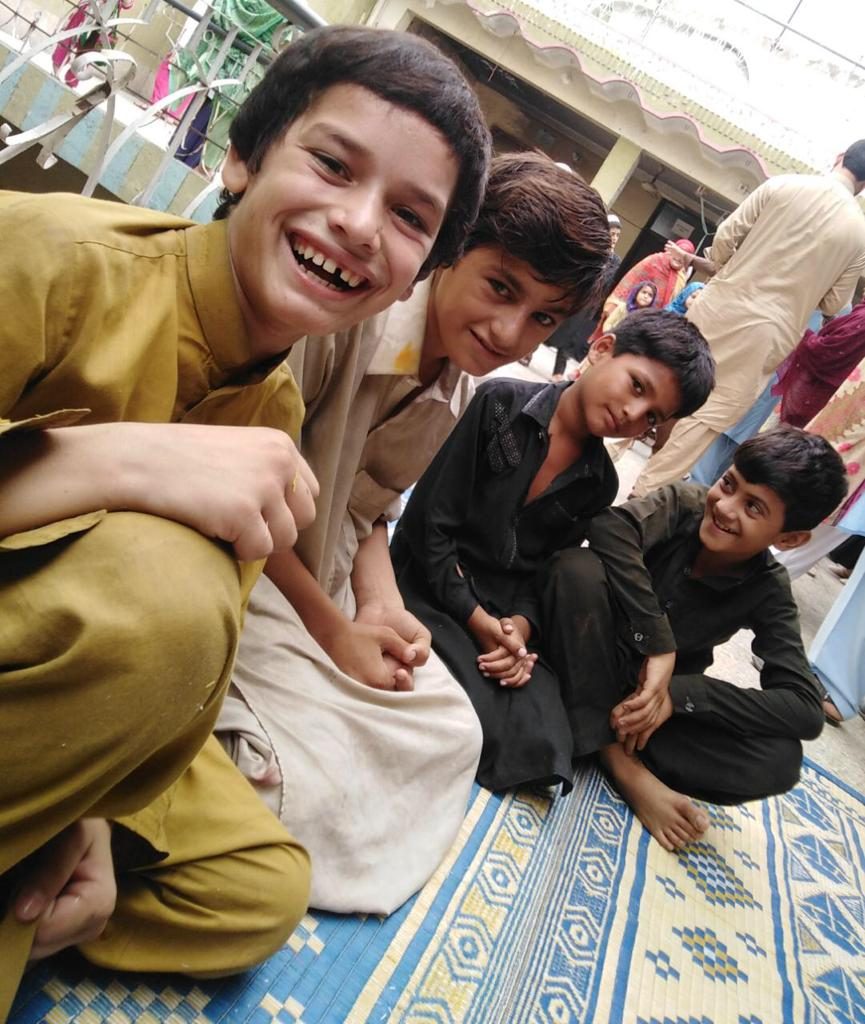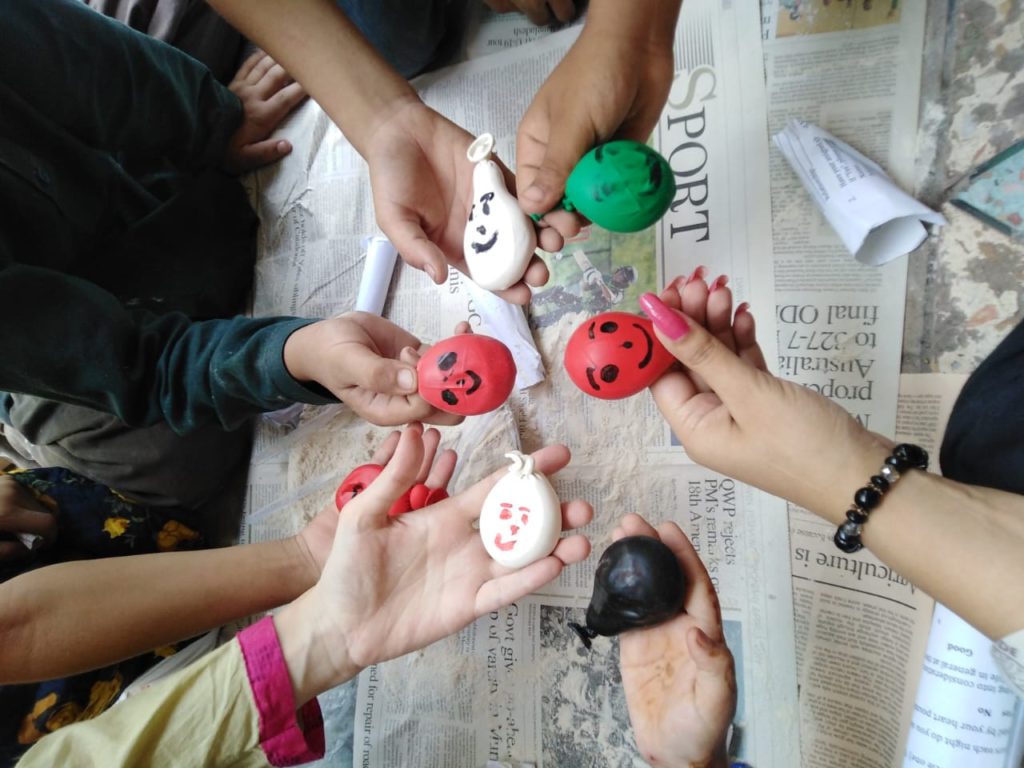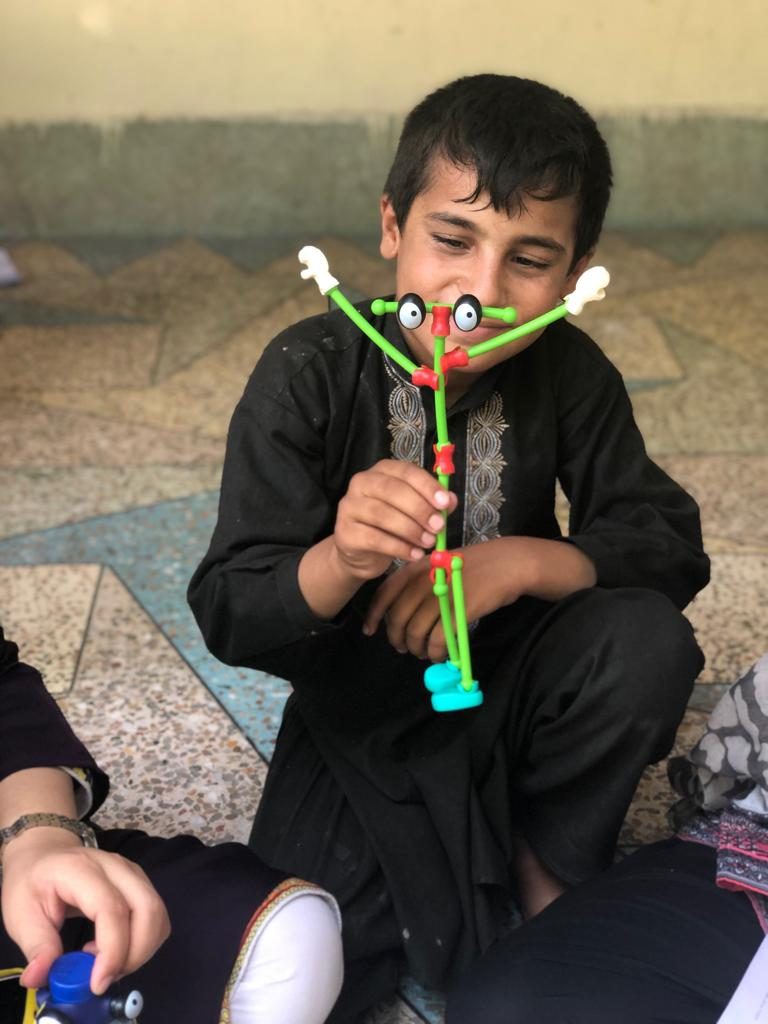by Julia Everett, Development Intern
August 7th 2019 marks national Play Day in the UK. This year’s theme, ‘Play Builds Children’, highlight the benefits of play for children’s development. Protecting and promoting the right to play, given its importance in childhood and growth, is something which we at Cities for Children put at the centre of our ethos. Unfortunately this is something which is often under-valued, as the benefits of play are not always fully appreciated.

Play, learning, and development
Article 31 of the United Nations Convention on the Rights of the Child specifies engaging in play as something which all children should be entitled to, and numerous organisations worldwide campaign to promote this right. So why is play so important?
According to the Real Play Coalition, play is the ‘rocket fuel’ of child development. Research tells us that it has wide-ranging effects, allowing children to develop their imagination and creativity. As a result, play can help children with their creative problem-solving skills which can translate into improved resilience, providing children with the tools to navigate difficult situations throughout their lives.
Play is also shown to improve children’s interpersonal skills by helping them learn to deal with conflict as well as building empathy, tolerance, and respect for others. Because of this, learning and play go hand in hand, and it should be seen as a crucial feature of childhood which sets kids up for future happiness and achievement.
Challenges for children
Unfortunately, the right to play is not always something which can be achieved. According to the International Play Association, some of the most alarming issues affecting the right to play include the lack of resources for survival and development, children in work (frequently in far less than adequate working conditions), and the exposure to war, violence and exploitation.
Cities for Children works with street-connected children who have often faced such traumatic hardships at an early age. This means that the right to play for these children can be severely affected. This is one area in which Cities for Children aims to make a difference.
Happy Hoods and play

Through our Hansti Basti or ‘Happy Hoods’ programme, we encourage learning through play by providing resources and safe spaces, away from the pressures and dangers of the streets. During our recent Happy Hoods III programme in Peshawar, at the DOST Welfare Foundation Centre for street children, children had multiple opportunities for creative play facilitated by students from the University of Peshawar. One of our favourite sessions was with Toyi – an exciting collaboration made possible by the Ashoka Changemaker Exchange. Toyi provides toy kits for imaginative and open ended play which encourages children to interact with their surroundings and turn everyday objects into toys.

During our Toyi creative play session, we were thrilled to see one little boy bloom. Aman* stayed at the night shelter and was separated from his family. He was painfully shy and didn’t speak much initially. Some of the other children in the group saw him playing with Toyi and taunted him, saying, “Oh, the sick one is making something too.” Fortunately, he paid them no heed and went on to make a fantastic little car – lighting up as he received praise from his student mentors.
It is stories like this which remind us of the importance of providing opportunities for creative play, particularly for vulnerable children. We should use national Play Day to think about our own playful childhood memories, and consider that all children deserve the opportunity to create these happy memories, and to learn and develop through play, no matter their circumstances.
*Name and photo changed to protect identity
